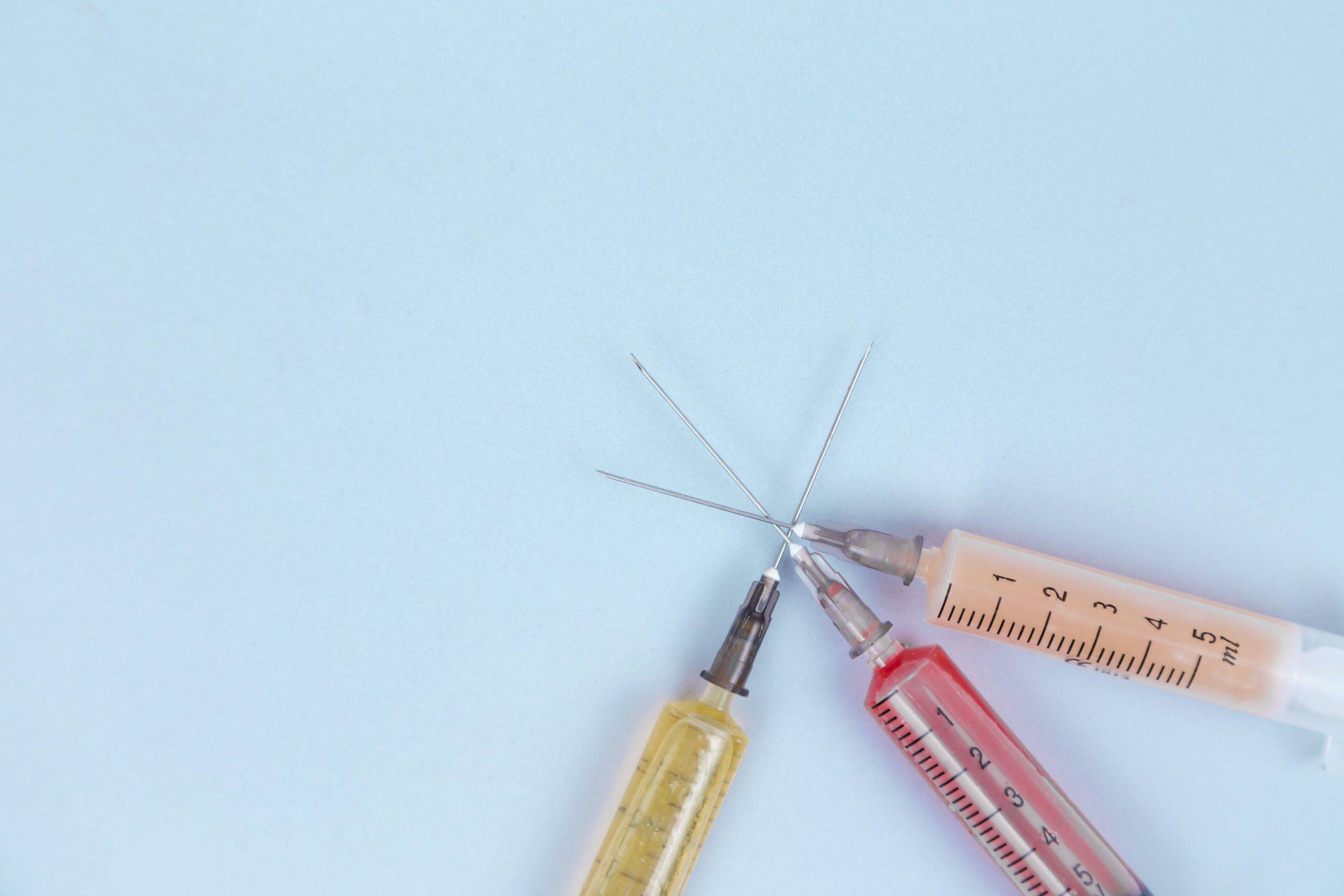
The Depo Shot: Empowering Women’s Reproductive Autonomy
In contraceptive options, the Depo shot has emerged as a reliable and convenient choice for women seeking effective birth control. This article delves into the origins of the Depo shot and its mechanism of action. It offers insights into how individuals determine whether this contraceptive method aligns with their unique reproductive needs.
Origins of the Depo Shot
The Depo shot, short for Depo-Provera, is a hormonal contraceptive method that originated in the 1950s. Developed by Upjohn (now Pfizer), it was initially intended to treat endometriosis and certain types of cancer. However, it was later recognized for its potential as a birth control method due to its ability to suppress ovulation and alter the uterine lining, preventing pregnancy.
How the Depo Shot Works
The Depo shot is a progestin-only contraceptive containing the synthetic hormone medroxyprogesterone acetate (MPA). Administered through an injection, it works by:
- Halting Ovulation: MPA inhibits the release of eggs from the ovaries, significantly reducing the chances of fertilization.
- Thickening Cervical Mucus: The hormone thickens cervical mucus, making it harder for sperm to reach the egg.
- Affecting the Uterine Lining: MPA alters the uterine lining, making it less receptive to a fertilized egg for implantation.
Determining if the Depo Shot is Right For You
Choosing a contraceptive method is a personal decision that requires consideration of individual needs, preferences, and health status. Here are some factors to weigh when determining if the Depo shot aligns with your reproductive goals:
- Long-Term Commitment: The Depo shot might be appealing if you prefer a method requiring less frequent attention. A single injection provides contraception for about three months.
- Hormonal Preferences: Since the Depo shot is a progestin-only method, it’s suitable for individuals who cannot or prefer not to use estrogen-containing contraceptives.
- Potential Side Effects: While many women tolerate the Depo shot well, some may experience side effects such as irregular bleeding, changes in mood, weight gain, or decreased bone density with prolonged use. Discussing potential side effects with a healthcare provider is crucial.
- Medical History: Certain medical conditions, such as a history of breast cancer or osteoporosis, may influence the suitability of the Depo shot. Consultation with a healthcare professional is recommended.
- Reversibility: The Depo shot’s effects can last several months after the last injection. If you plan to conceive shortly, the potential delay in fertility should be considered.
- Consultation with Healthcare Providers: Conversing with a healthcare provider is essential to evaluate your health needs and contraceptive preferences. They can provide personalized guidance based on your medical history and lifestyle.
Final Thoughts
The Depo shot has transformed the landscape of birth control by offering women a convenient and effective contraceptive option. Originating from its potential applications beyond contraception, this progestin-only method has given individuals greater reproductive autonomy. Choosing the suitable contraceptive method, including the Depo shot, is a decision that involves careful consideration of various factors, including medical history, lifestyle, and personal preferences. In a world where women’s reproductive choices are pivotal, the Depo shot is a testament to medical advancements that empower women to take control of their reproductive health and family planning.
